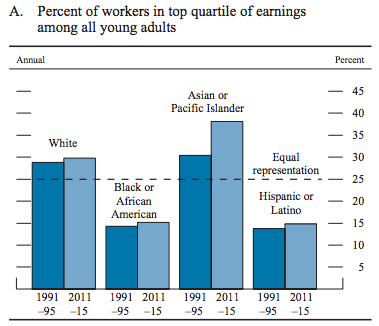Europe's financial recovery continued at a steady pace amid a number of
uncertainties in the market. The official eurozone figures were better
than estimates of 9.2 percent from data company Factset.
Unemployment in the eurozone fell to 9.1 percent in June, its lowest figure since February 2009, according to official data from Eurostat, the statistical office of the bloc.
The jobless rate in the 19-state single currency market was better than expected by financial analysts. The numbers came a week after the International Monetary Fund (IMF) said the eurozone was strengthening, but warned of instability around Brexit and low inflation rates.
Read more: Eurozone unemployment hits lowest level in eight years | Business | DW | 31.07.2017
Unemployment in the eurozone fell to 9.1 percent in June, its lowest figure since February 2009, according to official data from Eurostat, the statistical office of the bloc.
The jobless rate in the 19-state single currency market was better than expected by financial analysts. The numbers came a week after the International Monetary Fund (IMF) said the eurozone was strengthening, but warned of instability around Brexit and low inflation rates.
Read more: Eurozone unemployment hits lowest level in eight years | Business | DW | 31.07.2017



